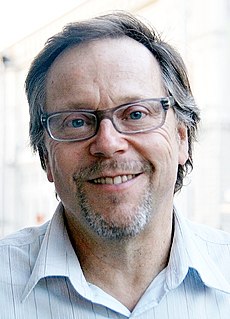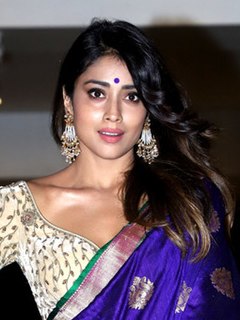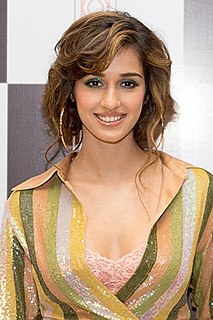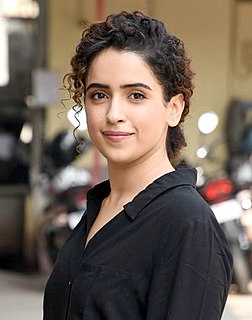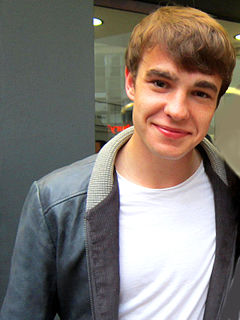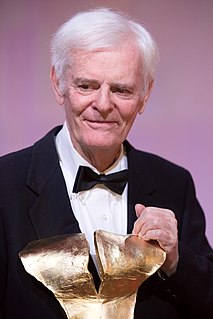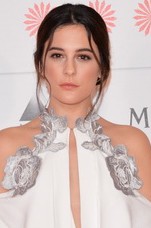A Quote by Sam Hargrave
Running backwards down the stairs, holding the camera, trying to focus on what's in front of you is difficult, and you need to be able to protect the camera.
Related Quotes
The camera course was a bit crap. But when I was in drama school, I wasn't interested. I wanted to be a stage actress. I was not interested in learning camera craft. But then you throw yourself in the deep end when you do get a job in front of the camera because you have absolutely no idea what you're doing, and it is a skill.

